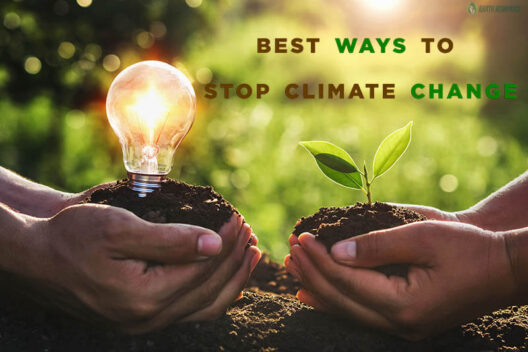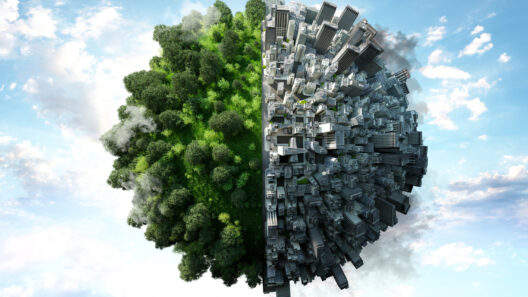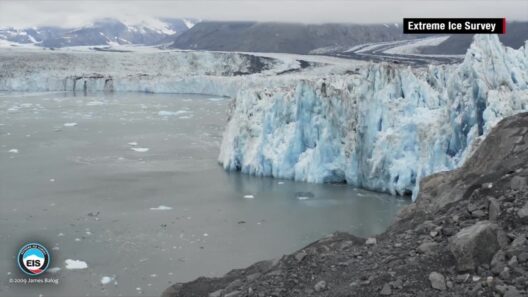As the globe grapples with the undeniable repercussions of climate change, society finds itself under an escalating amorphous pressure. Global warming, catalyzed primarily by anthropogenic actions, is not merely a distant concern but a tangible reality with profound implications on our daily lives. The rising temperatures, erratic weather patterns, and shifting ecosystems are reshaping our existence, and the ramifications extend far beyond environmental degradation.
One of the most pronounced effects of global warming is its impact on weather variability. The once predictable seasons are yielding to an unsettling trend of extremity. Heatwaves have become more frequent and intense, instilling a sense of urgency in urban planning and public health. Cities, pulsating with life, are struggling to cope with escalated energy demands for cooling, leading to soaring electricity costs and, in some cases, crippling blackouts. In regions experiencing prolonged droughts, the agricultural sector faces insidious threats. Crop yields plummet, food prices surge, and countless farmers find themselves teetering on the brink of insolvency.
Moreover, the insistence on agricultural expansion exacerbates the situation. Deforestation, often justified in the name of progress, strikes a hostile blow against biodiversity and accelerates greenhouse gas emissions. This vicious cycle illustrates a fundamental flaw in contemporary socio-economic paradigms. Economic growth, once synonymous with progress, is now at odds with ecological sustainability. Thus, society must realign its priorities, acknowledging that environmental integrity is not merely an adjunct to economic considerations but a cornerstone of long-term viability.
Another layer of complexity arises from the social inequities that climate change exacerbates. Vulnerable populations—often already at an economic disadvantage—bear the brunt of climate-related disruptions. Communities living in flood-prone areas, for example, face immediate threats to their safety, while those in arid regions grapple with scarce water resources and food insecurity. Consequently, the climate crisis transforms into a social justice issue. Marginalized groups, lacking the resources to adapt, are often left behind. Their plight emphasizes a pressing demand for equity-oriented interventions and resilience-building measures that consider the unique vulnerabilities of these communities.
Interestingly, the phenomenon of migration is emerging as a direct consequence of climate change. As formerly habitable regions succumb to extreme weather events, population displacement becomes inevitable. Climate refugees—individuals forced to leave their homes due to climatic alterations—are an increasing focus of research and policy discussions. Global political structures, traditionally ill-equipped to address such fluid movements of people, now find themselves under pressure to accommodate these new dynamics. The intertwined issues of immigration policy, human rights, and climate adaptation necessitate comprehensive frameworks to address the humanitarian aspect of climate change.
Psychologically, the ramifications of climate change permeate the collective consciousness of society. Anxiety over ecological degradation now garners attention as mental health specialists underscore the ‘eco-anxiety’ phenomenon. Individuals confronted with the impending doom of their planet report heightened levels of distress, leading to a societal dialogue about the emotional toll of climate change. This distress manifests not only as individual despair but also as a potent catalyst for social movements aimed at climate action. Young activists, emboldened by their awareness of climate urgency, are galvanizing communities to demand accountability and action from leaders. The resultant surge in activism signals a growing recognition that collective action is essential to confront shared existential threats.
The corporate world, too, is experiencing a paradigm shift. As consumer preferences shift towards sustainability, companies are compelled to rethink their operational frameworks. The fossil fuel industries are confronted with calls for a transition to renewable energy sources, challenging long-held business models. This metamorphosis is not merely a reactionary movement but a critical acknowledgment that sustainable practices can engender profitability while simultaneously benefitting the environment. Thus, the corporate landscape is increasingly interwoven with eco-conscious methodologies, catalyzing an evolution in business ethics.
Furthermore, the concept of the circular economy gains prominence as societies seek sustainable alternatives to the traditional linear model of production and consumption. This shift emphasizes reducing waste and fostering the reuse of materials, creating an ecosystem where resources are continuously repurposed. The circular economy not only mitigates resource depletion but also fosters innovation. Entrepreneurs are now exploring avenues to create value from what was once deemed waste. This reconceptualization of material value underscores a critical transition towards sustainable societal practices.
Education, too, remains a fundamental pillar in navigating the intricacies of a warming planet. Instilling awareness among younger generations fosters a climate-conscious mindset that transcends disciplinary boundaries. Integrating climate literacy into educational curricula equips students with the tools to critically assess their role in the planet’s future. Beyond academic learning, experiential initiatives, such as community gardens and local clean-up efforts, galvanize youth engagement and forge a sense of stewardship toward the environment.
As the effects of global warming continue to escalate, society finds itself at a pivotal juncture. Addressing this unparalleled challenge requires a multifaceted approach that encompasses environmental, social, economic, and psychological dimensions. It is an era that calls for collaboration across sectors, empowering individuals to contribute meaningfully to the larger narrative of climate resilience. Ultimately, the trajectory we adopt today will indelibly shape not only our lives but also the spectrum of existence for generations to come. Embracing sustainability as a core tenet is no longer optional but an imperative for those who wish to preserve the fabric of life on Earth.







